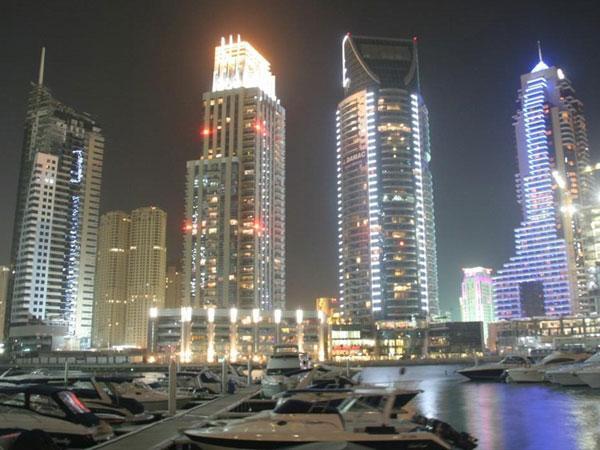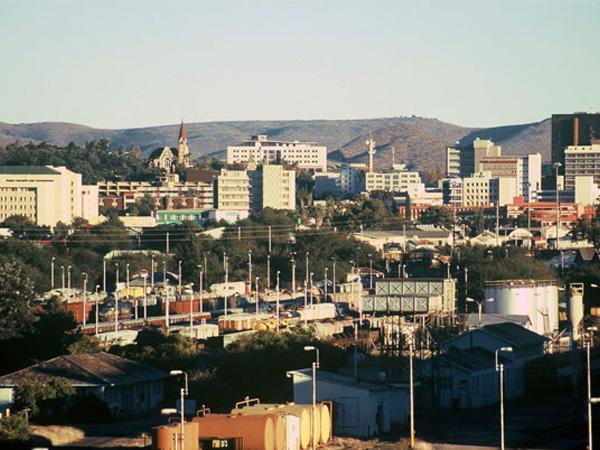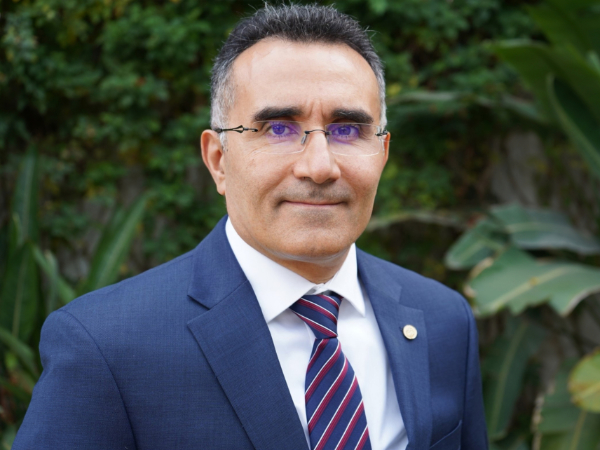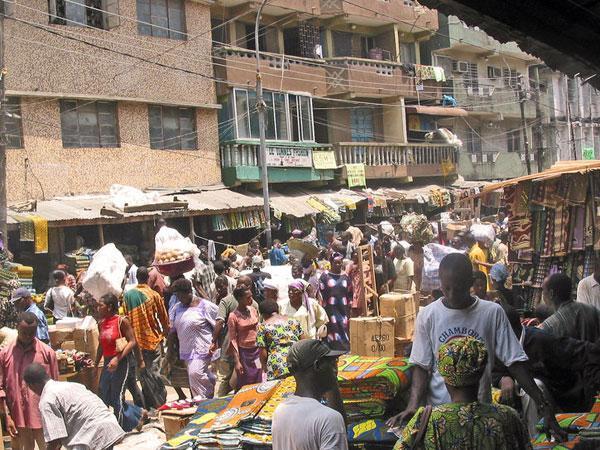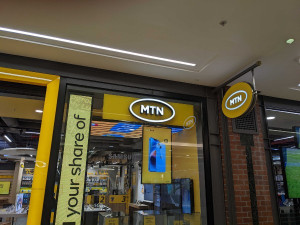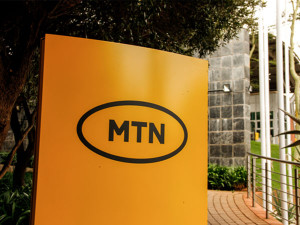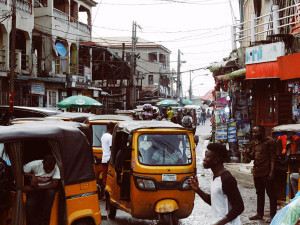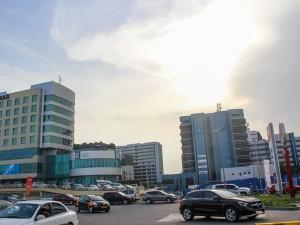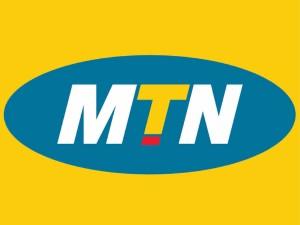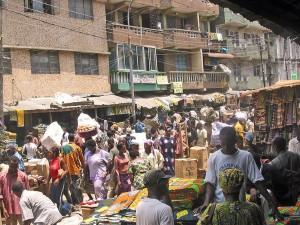Volatile foreign exchange rates across Africa are currently hamstringing operators, with notable names such as MTN and Airtel revealing how badly their coffers were hit in recent financial results.
The hole blown through their respective hulls can be attributed to Nigeria, where a sharp devaluation of the Nigerian naira had an adverse effect on all businesses operating in the ‘Giant of Africa’ - a moniker given due to the country having the largest population on the continent (223 million people).
Nigeria’s huge population has made it an attractive ground for operators to enter and deploy, but now the situation has proven dire.
MTN revealed profits plunged 83% year-on-year to ZAR 4 billion (US$221 million), while Airtel Africa recently blamed its US$89 million profit dip on a US$549 million tax bill from “exceptional derivative and foreign exchange loss”.
Nigeria’s Central Bank launched a new exchange rate system that pegged the naira to the US dollar to improve liquidity, rather than devalue the naira. This move was prompted by the drop in price for crude oil– the nation is Africa’s largest exporter of the commodity.
The central bank’s scheme failed to deliver, instead creating problems for businesses planning their strategies going forward. This proliferated a black market for dollars, prompting the IMF and World Bank to intervene demanding stabilisation of the market. In response, the Central Bank announced in June last year that the naira would trade freely in hopes that it would stabilise. However, this failed and the naira plunged in value against the dollar.
This has of course had a massively damaging impact on the telecoms sector as operators have revealed. The GSMA estimated the telecoms sector contributed NGN33 trillion (US$22.5 billion) into the Nigerian economy in 2023, with NGN2.4 trillion (US$1.6 billion) in tax revenue.
Speaking to Developing Telecoms, Russell Southwood, founder and CEO of Africa-focused consultancy Balancing Act, said operators struggling in Nigeria “have to think about cutting staff levels and other costs” to close the revenue gap caused by the naira valuation drop. "The more worrying issue for MTN Nigeria is that its current liabilities exceed its existing assets, if reports prove to be accurate”, said Southwood.
“But if that's the case, it is very serious because in any other circumstance that would point to saying ‘we are close to bankruptcy’. Now, I don't for a minute believe that MTN Nigeria is close to bankruptcy, but they will have to do something pretty quick to address the situation,” said Southwood.
Ralph Mupita, MTN CEO, outlined in his strategy to “restore profitability” in Nigeria that the company will raise tariff prices, negotiate tower leases, and cut back on spend. Meanwhile, Airtel Africa CEO Olusegun Ogunsanya said work has begun to “de-risk” the company’s balance sheet from volatile exchange rates across Africa, but did not provide details.
However, Southwood said Nigeria’s economic recovery is the overarching requirement for operators to restore profitability.
“Operators are service companies, and if you're a service company, the health of the economy is vital to your own health. If the economy begins to return to some kind of health, then yes of course MTN will go back towards profitability. If the naira starts to recover with these measures, then positives will happen slowly,” said Southwood.
“If the money keeps sluicing out from the bottom of the boat, then something pretty effective has to happen immediately - job losses that may have to follow from this first initial plan that [MTN] put on the table.”
International companies have pulled out of Nigeria or scaled back their operations because of the economic shock - but due to Nigeria’s massive population, it is too important a market for operators to abandon.
Jewel in the crown
“You have to understand the contribution that MTN Nigeria makes to the overall MTN Group - it has been in the past the jewel in the crown, because it makes a massive contribution to the overall profit. Now, if that ceases to be then MTN stops being a company of the same scale,” said Southwood.
It was a reported MTN’s debts were majorly dollar-heavy through tower leases with American Tower. The companies are currently in discussions to manoeuvre through this turbulent period - but tower companies providing concessions to operators can be a slippery slope.
Southwood explained: “They won't want to [offer lower lease rates] - they're in the same bind the MTN Group is in. If they start giving concessions to companies because of the national economy, what kind of precedent does that set in other territories they operate in?
“It will be a situation that’s sort of touch and go really for certainly the next quarter to see what happens, because big sums of money are in play.”
The Nigerian government and its National Bank gambled with a radical financial plan to seize control of their currency, and it is shaping up to be a mistake so far. Positive yields can come in future quarters – but this could be at a glacial speed, and could also send the economy marching on into ruin.
Nigeria is too valuable of a market to fail. Operators will no doubt make cuts to keep their units in Africa’s giant afloat, as they to sail on searching for calmer waters on the West African coast.

